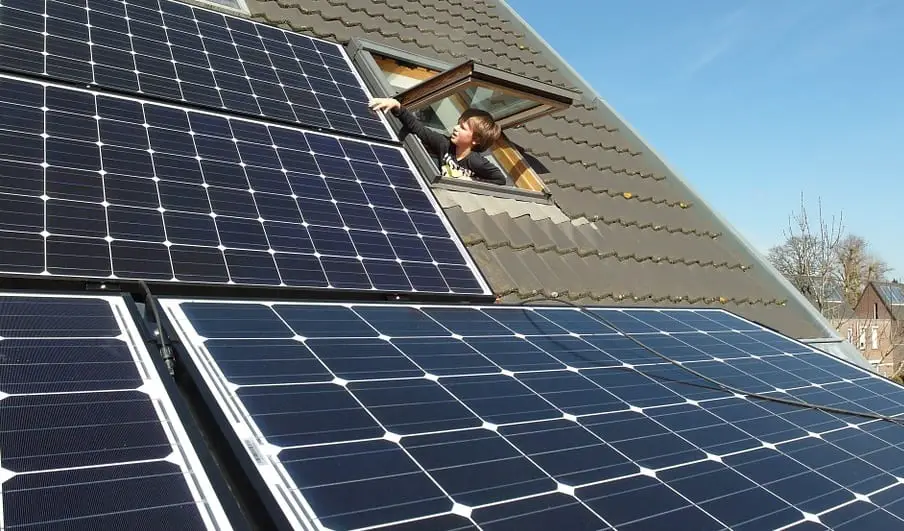
Rooftop solar energy could satisfy 25% of the country’s electricity needs
April 12, 2017Solar energy could have a major impact on electricity consumption in the US
Rooftop solar energy is gaining more attention in the United States and the demand for photovoltaic systems is rising among homeowners and businesses. This demand is growing due to the falling cost of solar panels, which has improved prospects for return on investment for those interested in solar energy. Currently, approximately 1.5% of all homes in the United States are equipped with their own solar power systems. This has removed the need for nearly 14 terawatt-hours of electricity provided by utilities.
NREL study predicts that installing solar panels on all residential rooftops could meet 25% of the country’s energy needs
According to a recent study from the National Renewable Energy Laboratory (NREL), installing solar panels on every residential rooftop could generate approximately 920 terawatt-hours of electricity for the United States. This is nearly enough to meet 25% of the country’s energy needs. If solar panels are installed on all residential and commercial buildings, they could account for 40% of the country’s need for electricity. One of the major challenges in reaching 100% solar penetration in the residential sector has to do with costs.
Homeowners may need more financial incentives to embrace solar energy
While solar panels are becoming less expensive, installing solar energy systems is still a costly endeavor. Tax credits could help alleviate this issue. Some companies specializing in solar energy have also begun to offer leasing programs in order to solve this problem. Through these leasing programs, the upfront costs of installing solar energy systems can be mitigated, making it easier for homeowners to embrace solar power.
Housing policies could help accelerate the adoption of solar power
Beyond the financial aspects of solar energy, new construction policies may need to be implemented in order to ensure the growth of the residential solar sector. In some Californian cities, new homes being built are required to include solar panels. Similar policies are being considered in cities throughout the rest of the country. Such policies will ensure that more homes have some degree of solar energy capacity.



 With over 15 years of reporting hydrogen news, we are your premier source for the latest updates and insights in hydrogen and renewable energy.
With over 15 years of reporting hydrogen news, we are your premier source for the latest updates and insights in hydrogen and renewable energy.